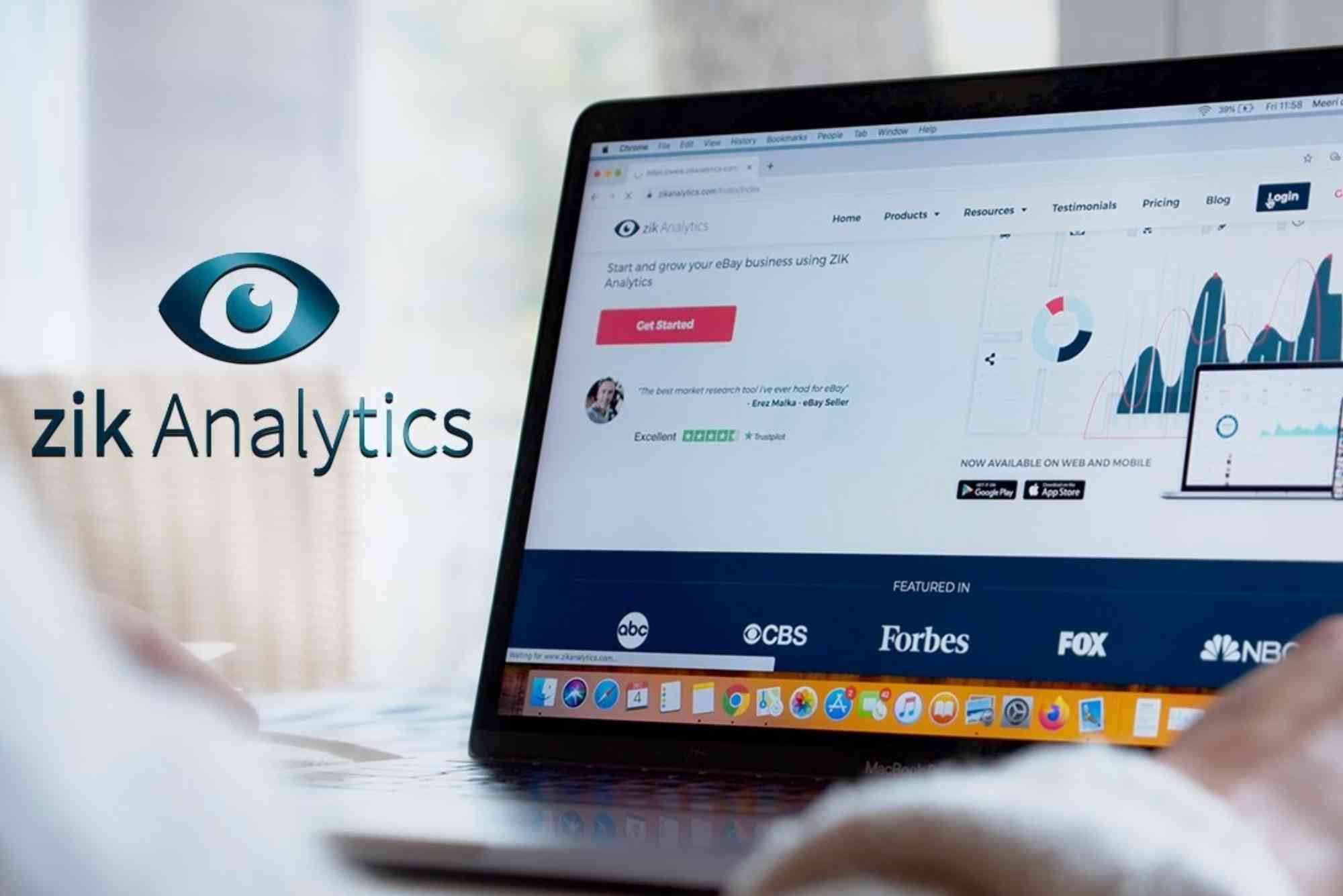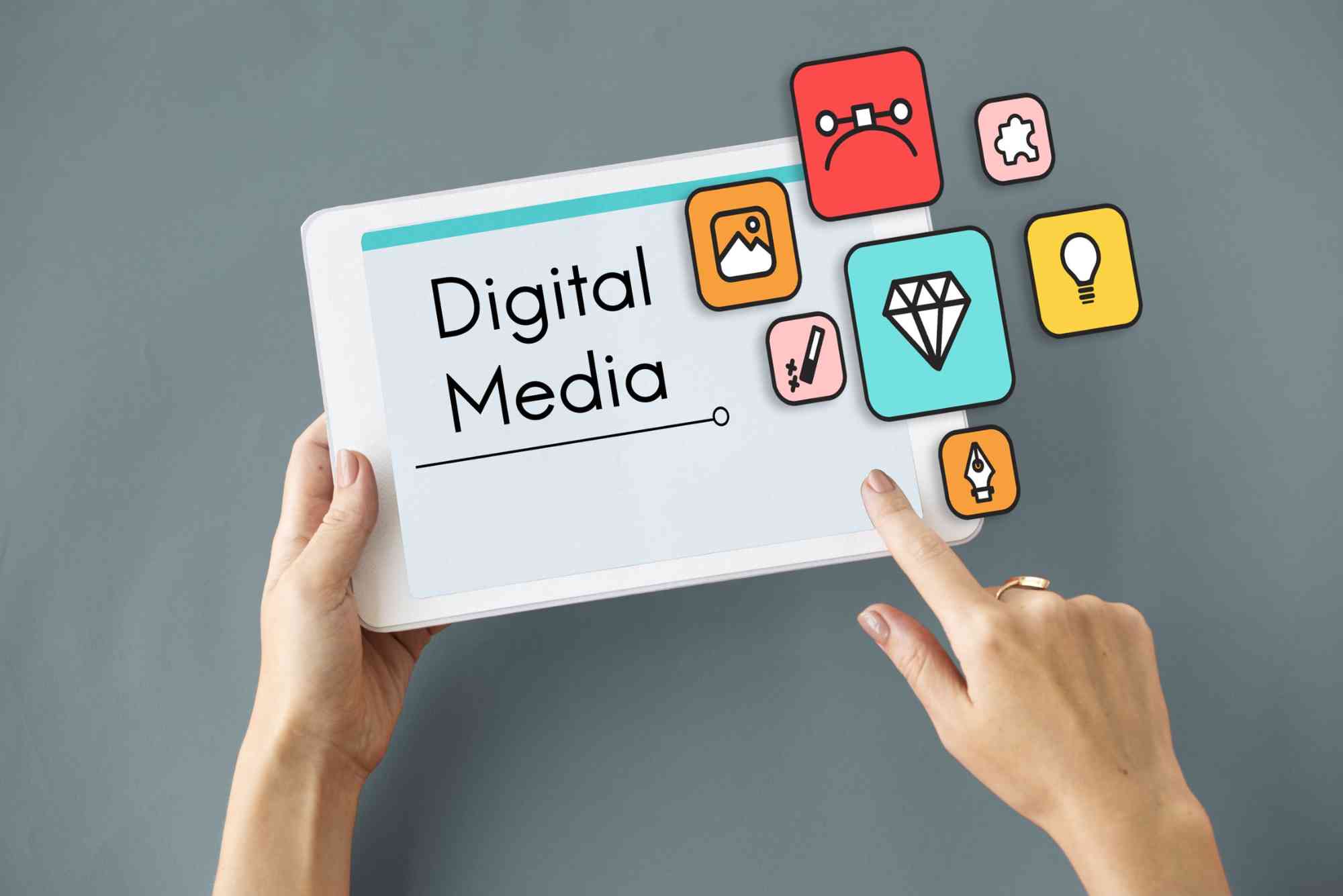In today’s fast-paced digital era, understanding digital marketing tools is no longer optional—it’s essential. Whether you’re running a small business or managing a growing brand, these tools can make the difference between staying invisible and standing out. The right digital marketing tools help you automate tasks, analyze performance, and refine your strategy to achieve better results.
Digital marketing tools empower brands to reach their audience effectively, streamline operations, and measure success with precision. From social media schedulers to SEO analyzers and content planners, each tool plays a unique role in shaping your digital footprint. Let’s dive into everything you should know about them and how they can transform your marketing efforts.
Understanding Digital Marketing Tools
Digital marketing tools are software or online platforms designed to help marketers plan, execute, and track their marketing strategies across various digital channels. They enhance efficiency, provide insights into customer behavior, and help businesses optimize campaigns for better performance.
Every marketer needs the right mix of tools to handle SEO, social media, content creation, email marketing, analytics, and advertising. Without these, even the best strategies may fail to deliver measurable results.
Why Digital Marketing Tools Matter
Digital marketing tools simplify complex marketing processes. They enable professionals to target audiences more accurately, create personalized campaigns, and make data-driven decisions. Using the right tools can increase engagement, conversions, and brand loyalty.
For example, social media management tools allow you to schedule posts and monitor performance, while SEO tools help you track rankings and identify opportunities for growth. By combining data and creativity, digital marketing tools provide a competitive edge in today’s online landscape.
Essential Categories of Digital Marketing Tools
SEO and Analytics Tools
Search Engine Optimization (SEO) is the backbone of any digital strategy. SEO tools analyze your website’s performance, track keywords, and identify improvement areas. Tools like Google Analytics and SEMrush help you understand traffic sources and user behavior.
Using SEO analytics tools, marketers can optimize pages, improve loading speed, and increase visibility in search results. The goal is to ensure your content reaches the right audience at the right time.
If you want to take your SEO strategy to the next level, consider seeking professional SEO Expert Help to build a stronger foundation.
Content Creation and Marketing Tools
Content remains king in digital marketing. Whether it’s blog posts, videos, or infographics, content marketing tools simplify planning, creating, and distributing engaging material. They also help maintain consistency in tone, style, and brand messaging.
Effective tools can suggest topics, analyze readability, and even check for SEO optimization. Platforms like Grammarly, Canva, and HubSpot streamline the creative process, helping teams produce content that resonates with audiences.
Social Media Management Tools
Social media platforms are vital for brand awareness and customer engagement. Managing multiple profiles manually can be time-consuming, which is where social media management tools come in.
They allow you to plan posts, track engagement, and analyze what’s working. Tools such as Buffer and Hootsuite simplify collaboration and ensure consistent communication across platforms. With smart scheduling, brands can maintain an active presence even outside business hours.
Email Marketing Tools
Email remains one of the most effective channels for nurturing leads and retaining customers. Email marketing tools automate communication, personalize messages, and track open and click rates.
Platforms like Mailchimp and ConvertKit allow you to create segmented campaigns that deliver relevant content to specific audiences. The automation features save time while maintaining a personal touch with subscribers.
Advertising and PPC Tools
Paid advertising can quickly amplify your visibility, but without the right tools, it’s easy to waste your budget. PPC (Pay-Per-Click) tools like Google Ads and Meta Ads Manager allow marketers to optimize campaigns based on performance data.
These platforms help you identify high-performing keywords, track ROI, and adjust bids for better efficiency. With real-time data, you can make smarter spending decisions and achieve higher conversion rates.
Customer Relationship Management (CRM) Tools
Building relationships with customers is at the heart of successful digital marketing. CRM tools like HubSpot and Salesforce store customer information, track interactions, and provide insights into behavior patterns.
By integrating CRM with other marketing tools, businesses can deliver personalized experiences, improve satisfaction, and increase lifetime value. CRMs ensure that no opportunity slips through the cracks.
How to Choose the Right Digital Marketing Tools
Choosing the right set of digital marketing tools depends on your goals, team size, and budget. Before adopting any tool, define what you want to achieve—whether it’s brand awareness, lead generation, or customer retention.
Consider ease of use, integration capabilities, and scalability. Start with a few essential tools and expand as your marketing strategy grows. Always analyze performance data to ensure each tool contributes positively to your overall goals.
For beginners and growing businesses, exploring Oberlo Digital Marketing can provide valuable insights into how different tools work together.
The Role of Automation in Digital Marketing
Automation is revolutionizing how marketers work. It minimizes repetitive tasks and allows you to focus on strategy and creativity. Automated email sequences, social media scheduling, and lead nurturing workflows improve efficiency and consistency.
Automation tools also help you deliver timely and relevant content based on user actions. This leads to higher engagement and conversions while freeing up valuable time for innovation.
However, balance is key—too much automation can make communication feel robotic. Personal touches should always accompany automated processes to maintain authenticity.
Measuring Success with Digital Marketing Tools
The beauty of digital marketing lies in measurable results. Tools provide insights into performance metrics such as traffic, engagement, conversion rates, and ROI.
Analytics dashboards compile real-time data, allowing you to tweak strategies quickly. Monitoring metrics helps identify what’s working and what needs improvement. For instance, if certain posts generate higher engagement, you can replicate their success across other channels.
Consistent evaluation ensures your campaigns remain relevant and effective in an ever-changing market.
Common Mistakes to Avoid When Using Digital Marketing Tools
While digital marketing tools are powerful, misuse can lead to wasted effort and resources. One common mistake is relying too heavily on automation without proper oversight. Another is ignoring analytics data, which can cause you to miss valuable insights.
Avoid using too many tools at once—this can complicate workflows and create confusion. Instead, focus on a streamlined stack that covers your core marketing needs efficiently.
Additionally, ensure your team is properly trained to use these tools. Without understanding their full capabilities, you risk underutilizing their potential.
Future Trends in Digital Marketing Tools
As technology evolves, digital marketing tools are becoming more intelligent and data-driven. Artificial intelligence, machine learning, and predictive analytics are reshaping the landscape.
Future tools will offer deeper insights, personalized recommendations, and enhanced automation features. Marketers will be able to forecast trends, optimize campaigns automatically, and deliver hyper-targeted experiences.
Staying updated with these trends ensures your brand remains competitive and adaptable in an ever-evolving digital ecosystem.
Power Your Growth with the Right Tools
Digital marketing tools are the backbone of modern marketing success. They streamline processes, enhance creativity, and provide actionable insights. Whether you’re optimizing SEO, creating content, managing social media, or running ads, the right tools will help you achieve measurable results.
Now that you understand their importance, start exploring which tools fit your goals best. Embrace technology, stay consistent, and watch your online presence grow.
If you need personalized guidance to elevate your strategy, consider getting SEO Expert Help today and take your business to the next level.
FAQs About Digital Marketing Tools
What are the best digital marketing tools for beginners?
Beginners can start with tools like Google Analytics for tracking, Canva for design, and Mailchimp for email marketing.
How do digital marketing tools help businesses grow?
They streamline tasks, provide insights, and enhance customer engagement—resulting in better reach and higher conversions.
Can I use free digital marketing tools effectively?
Yes. Many free versions, like Google Search Console and Buffer, offer powerful features suitable for small businesses.
What is the difference between SEO and digital marketing tools?
SEO tools focus specifically on search optimization, while digital marketing tools cover all aspects, including social media, content, and advertising.
Are automation tools replacing human marketers?
No. Automation supports marketers by handling repetitive tasks, allowing them to focus on strategy and creativity instead.







